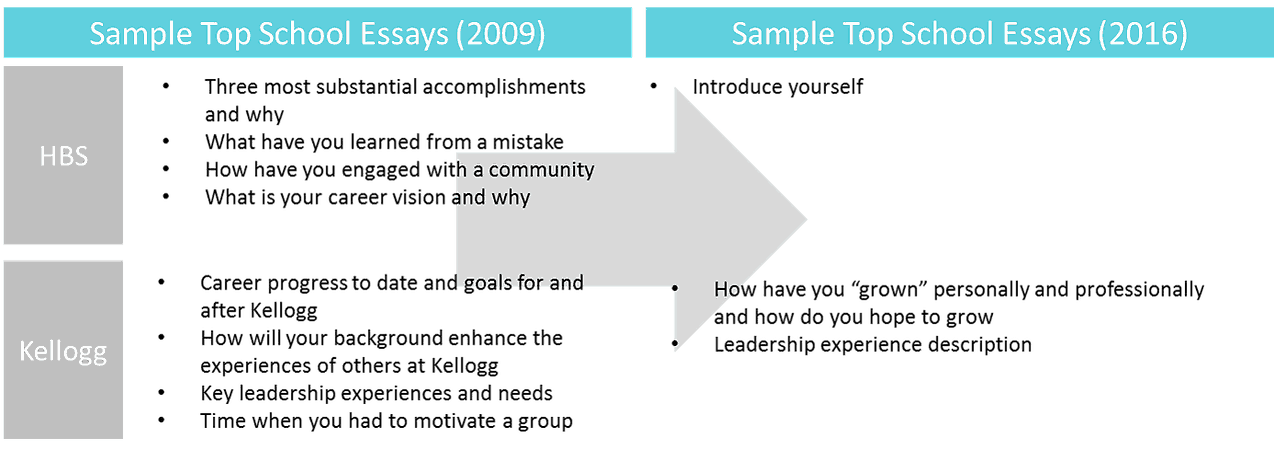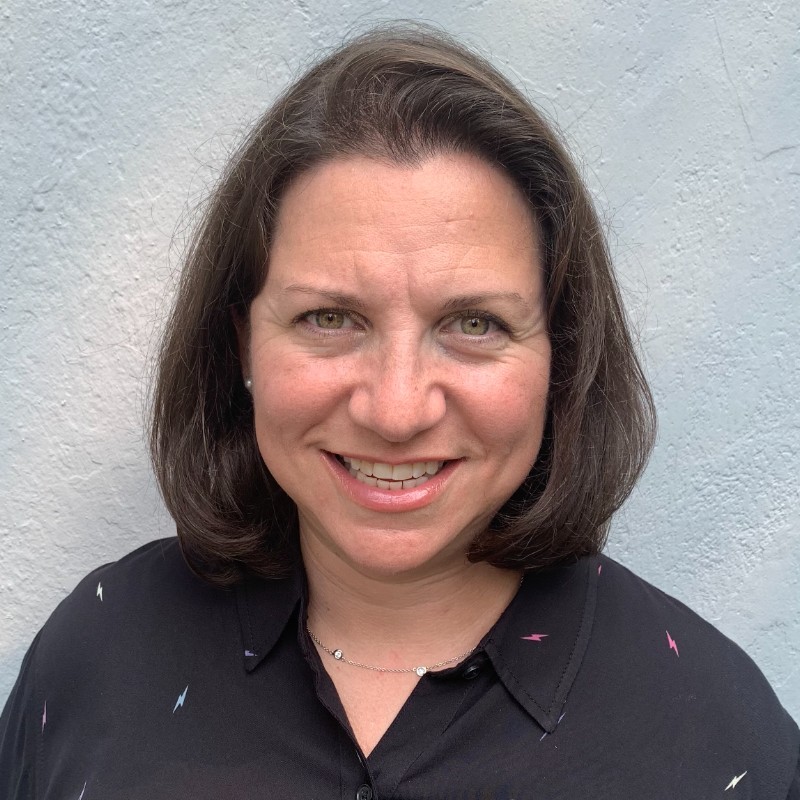How Applying to MBA Programs Has Changed Since Your Co-Worker Applied
When I was applying to business school, I was lucky to work in an environment (an investment bank) where I was surrounded by MBA graduates. And as such, I was voracious about soliciting their advice and feedback as I started the MBA application process. It was helpful to hear their stories of why they selected particular schools, why they pursued an MBA, and their advice for the process overall. Similarly, at Vantage Point we always recommend that our clients speak to as many people as possible about their own MBA experiences: the more context you can develop for what a particular school or path offers, the stronger your application will be overall.
But there’s a catch – things have changed a lot in recent years. As you’re having conversations with post-MBA co-workers and friends, remember that business schools, and the application process itself, have changed significantly in recent years. For example, MBA graduates are shunning “traditional” careers in fields such as banking in increasing numbers and moving more and more into Silicon Valley, a change which is driving innovation in curriculums across the top 10 schools. For example, there’s now a data class at Kellogg where knowing how to code in Python is a prerequisite, and HBS’s class of 2015 had nearly as many students go into technology as consulting.
Having worked with hundreds of clients over the last couple of years, we can attest to how the application process itself is also remarkably different. In addition to, and maybe in response to, shifts in post-MBA careers priorities over time, the schools have also adjusted their application processes to better determine who may be a good fit for their changing focus areas. For example, over the past 5-7 years, many schools have reduced the number of specific, focused essay prompts that they require in favor of fewer, more open-ended prompts. In years past, you may have had multiple questions asking you directly to address major evaluation aspects of the application (eg. describe a time when, why do you want to go to our school, etc etc). Now, there are generally fewer questions with a more open-ended tone where you are free to express yourself (and the qualities the schools are looking for) in any way you like – creativity counts oftentimes. Gone are the days of boilerplate essay questions (for now)!
Let’s look at two examples from top schools who have shifted from multiple, direct questions to fewer, open-ended questions…

There are also more indirect methods for evaluating you such as video essays (spontaneous, on-the-spot) and group interviews (to determine real-time how you work with others). In many ways this gives you a better opportunity to differentiate yourself, but you also need to be careful to ensure that you still provide evidence that you meet the schools’ main qualification areas (because they are no longer directly asking for many schools).
Bottom line – the game has changed.
We strongly recommend that you continue to leverage your older MBA coworkers and friends as a great overall resource to help you determine whether pursuing an MBA is right for you. At the same time, be careful about taking their advice on how best to approach your application as the game has changed, as it tends to do every 5-10 years based on the economy, changes in career preferences, etc.
More questions about how this applies to you and your MBA application process? Contact us at vantagepoint@vantagepointadmissions.com
I partner with applicants to elite MBA programs and associated dual-degree programs to put their absolute best foot forward in the admissions process. With my support, applicants communicate their unique stories in a highly intriguing manner to admissions officers. Clients quickly discover my passion for mentoring talent to reach maximum potential.



